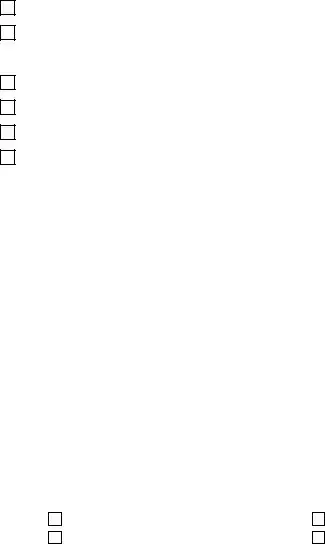North Carolina Form 21 is a legal document used in family court procedures within the state, specifically within the Union County District Court Division. This form is officially titled as "Motion for Exemption from Mediation and the Parenting Apart Program." It allows a party involved in a custody or visitation case to request a waiver from court-ordered custody/visitation mediation and participation in the Parenting Apart Program, based on several qualifying reasons.
The circumstances under which a Motion for Exemption can be filed using Form 21 include:
-
Agreement by the parties to engage in voluntary private mediation.
-
The party resides more than 75 miles from the court.
-
There are allegations of abuse or neglect of the minor child.
-
There are allegations of alcoholism, drug abuse, or domestic violence.
-
There are allegations of severe psychological, psychiatric, or emotional issues.
-
The filing party has other good cause reasons.
How does one prove the reason(s) for requesting an exemption?
The form requires the party filing the motion to provide facts upon which the request for waiver is based. This implies that the party must detail the specific reasons and circumstances that justify the exemption request, making a convincing argument for why mediation and participation in the Parenting Apart Program should be waived.
Upon completing Form 21, copies must be distributed to several parties, including:
-
The Plaintiff or the Plaintiff’s Attorney
-
The Defendant or the Defendant’s Attorney
-
The Custody Mediator
-
The Family Court Case Manager
Additionally, the original completed form must be filed with the Clerk’s Office.
The original Form 21 must be filed with the Clerk's Office of the Union County District Court Division. This step is crucial for the motion to be considered by the court.
After Form 21 is filed, the court will review the motion, taking into account the reasons and facts provided for the exemption request. If the court finds the reasons compelling and justified, it may grant the waiver, exempting the parties from mandatory mediation and the Parenting Apart Program. However, the ultimate decision is at the discretion of the court.
Yes, an individual party can file Form 21 without the assistance of an attorney. The form allows for submission by either the attorney or the party involved in the case. However, navigating legal forms and understanding the implications of a motion like this can be complex, so seeking legal advice may be beneficial.
Can the decision on a Motion for Exemption be appealed?
Decisions made by a judge regarding a Motion for Exemption, as requested through Form 21, can typically be appealed, though the process is subject to North Carolina’s rules on family law appeals. Given the complexities involved in appealing court decisions, consulting with a legal professional for guidance is advisable for those considering this route.
